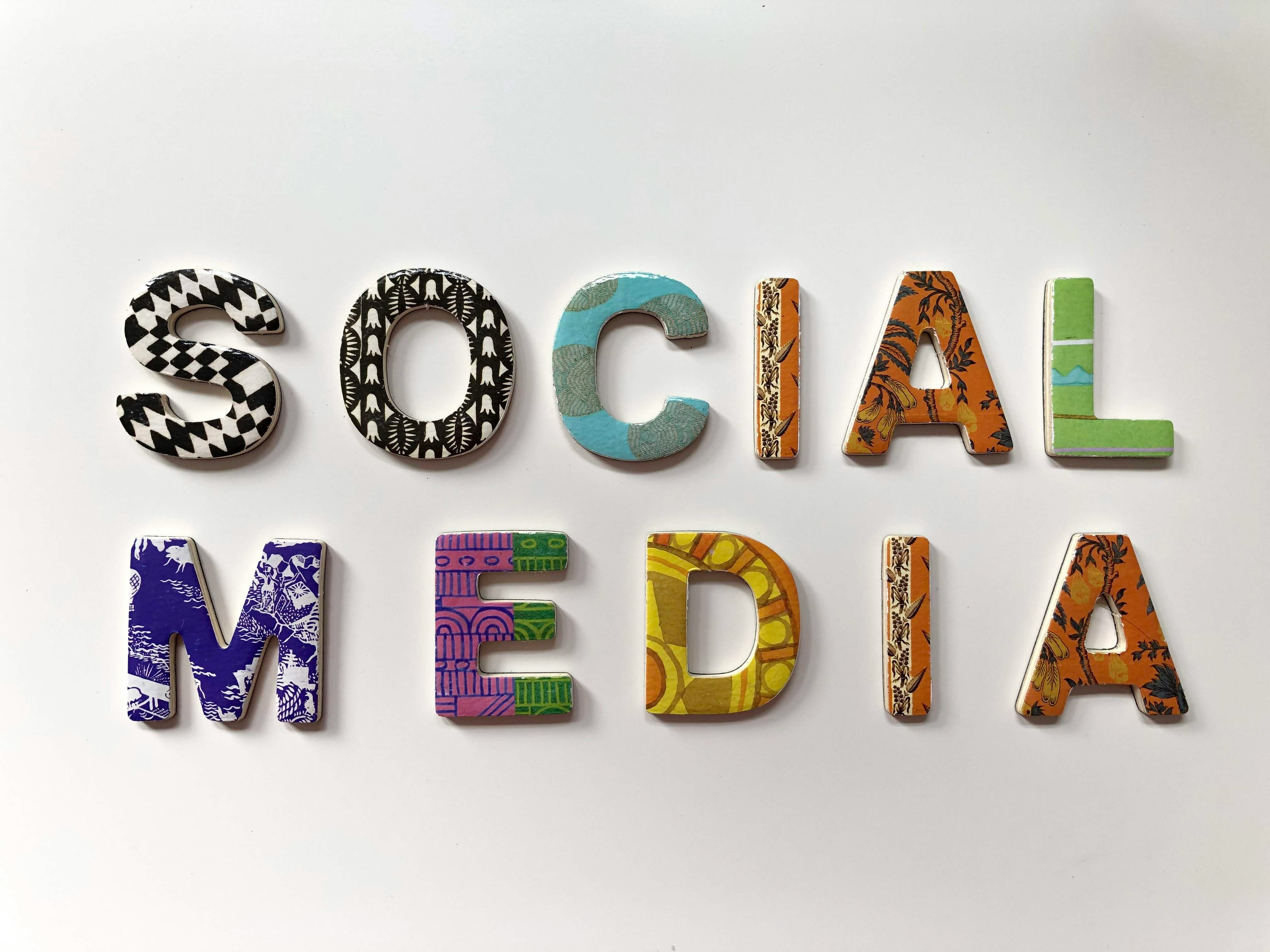
By Kenzie Love
The problems with the big social media platforms are well known: the concentration of ownership, the lack of control or privacy, the ability to spread misinformation, and more. Despite these and other problems, however, “their use is still practically compulsory in order to advertise a person’s work or spread urgent news.”
The result is that many businesses (worker co-ops included) continue to use the major platforms even if they run counter to many of their values. But an alternative does exist: the Fediverse.
The Fediverse, as Jakob Sitter Midttun writes, is an ensemble of interconnected – yet independent – free, open source social media platforms utilizing federated protocols to seamlessly integrate with one another. In the words of David Pierce, it’s “as if you took X, TikTok, Snapchat, Instagram, and Facebook and made them all interoperable so you could post anything from anywhere, and all your followers would be guaranteed to see it.”
While this sounds appealing, the Fediverse has its own limitations: it’s nowhere near the scale of the major platforms (although scale isn’t necessarily the goal) and it’s not immune to hate speech and other such content. But the exodus of users from X and the spotlight that platform has put on social media’s dangers has created an opportunity that the Fediverse may be able to seize.
Nathan Schneider, a professor of media studies at the University of Colorado Boulder, is the co-creator of Social.coop, a decentralized social media platform running on Mastodon, which is in turn one of the largest platforms within the Fediverse. But the objective of the Fediverse, Schneider maintains, isn’t merely to create a co-operative Twitter (or Facebook or Tik Tok). What excites him is that there are numerous options users can create that can coexist with each other. He likens the situation to email, in which for instance, Google and Yahoo! may dominate but they are compatible with smaller platforms.
“The fact that you have an open protocol at least opens the door for having the option to build cooperative models around these technologies,” he says.
A co-operative social media platform is unlikely to ever achieve the scale of the major platforms because of what Darius Kazemi calls the “global governance problem, which is that it’s impossible to make a set of governance rules that a billion people can agree to.” Kazemi adds, however, “it is possible to make a set of governance rules that 50 or 100 people mostly agree to. And so I like this as a chance for people with aligned values to get together and decide on what their own governance and guidelines look like.”
As Pierce observes, a lot of people wish that that’s what had happened when social media was being developed in the first place. But Schneider believes there’s still the possibility of creating platforms that live out co-operative values of transparency, respect, and mutual support, values the Fediverse shares.
“It is an opportunity,” he says. “All the venture capitalists are now trying to do AI or their attention’s moved on. And I think it enables us to actually get social media right this time.”